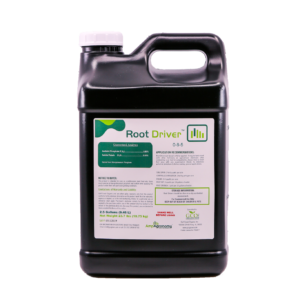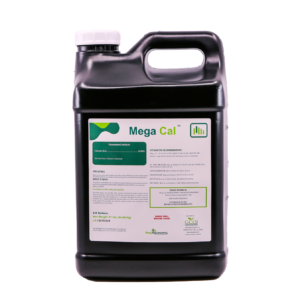Sod: Root Development
About Root Development
There is a big correlation between dense, healthy, and thick root systems and large yields. The root system is where crops absorb water and the nutrients you feed them for plant growth. A healthy root system is needed to make sure plants have access to all the stored energy they need when they need it resulting in maximum bud production, potency, and bigger yields. Ways to identify unhealthy or poor root development include the curling or cupping of leaves, crops may appear droopy or overwatered, wilting stems or leaves, brown or slimy roots (root rot), or smelly runoff water. Although these visual symptoms may indicate a root developmental issue in your field, it is important that a proper diagnosis takes place for successful problem correction. Phosphorus ensure healthy root development while calcium helps build soil structures so that there are micropores for roots to grow in and properly absorb nutrients from the soil.
Sod: Root Development
About Salinity Management
There is a big correlation between dense, healthy, and thick root systems and large yields. The root system is where crops absorb water and the nutrients you feed them for plant growth. A healthy root system is needed to make sure plants have access to all the stored energy they need when they need it resulting in maximum bud production, potency, and bigger yields. Ways to identify unhealthy or poor root development include the curling or cupping of leaves, crops may appear droopy or overwatered, wilting stems or leaves, brown or slimy roots (root rot), or smelly runoff water. Although these visual symptoms may indicate a root developmental issue in your field, it is important that a proper diagnosis takes place for successful problem correction. Phosphorus ensure healthy root development while calcium helps build soil structures so that there are micropores for roots to grow in and properly absorb nutrients from the soil.





